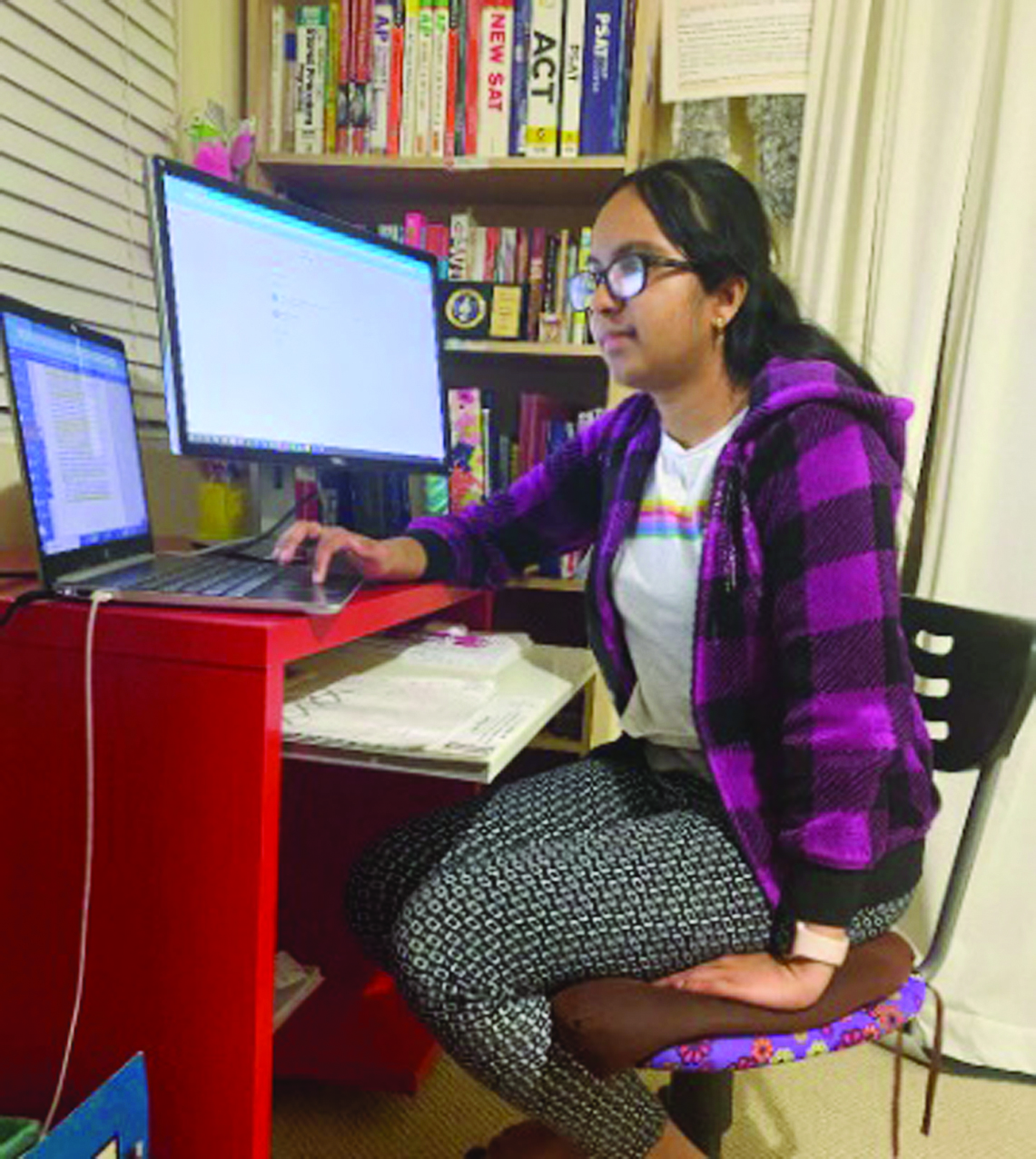Each year, one million people die of suicide worldwide. Shockingly, it is the second leading cause of death for high school students. It is important to know that suicide is preventable and help is available for those who need it. People must continue to speak up about it in order to reduce its stigma, spread awareness, and help prevent it. Members of Valencia High School’s Bring Change to Mind (BC2M) Club, a club that focuses on mental health, and the Yellow Ribbon Suicide Prevention Program, decided to lead a virtual suicide prevention training webinar for Hart District students, to teach them how to support people in crisis.
During the webinar, two trained BC2M student instructors led the discussion and went over vital topics. It’s very important that people know how to notice risk factors and warning signs of suicide to potentially save a life. Some include a negative drop in a person’s mood or behavior, pre-existing mental health disorders, stressful environments, or a history of suicide attempts, trauma, or abuse. The instructors also covered how to take action when one is worried that someone is at risk or when one knows someone is at risk. Simply talking and listening to someone can be a big help and push them towards the right direction. It is also extremely crucial that people know to call for help during an emergency situation. The two instructors also emphasized the importance of taking care of oneself as a part of suicide safety, as well as provided countless resources that can help people in need.
A common misconception amongst the general population is that talking about suicide will lead to more suicide. Research has shown that speaking on this topic actually encourages people to seek help as well as reduce the stigma surrounding suicide. There are many benefits of being educated on suicide prevention; in fact, more people should be trained on this subject due to its importance. Learning how to effectively help someone battle suicidal thoughts is great, as this knowledge can be applied to real life. Being prepared is key to prevention. Even seemingly simple things such as learning to be understanding, open minded, and not insensitive can make great change.

